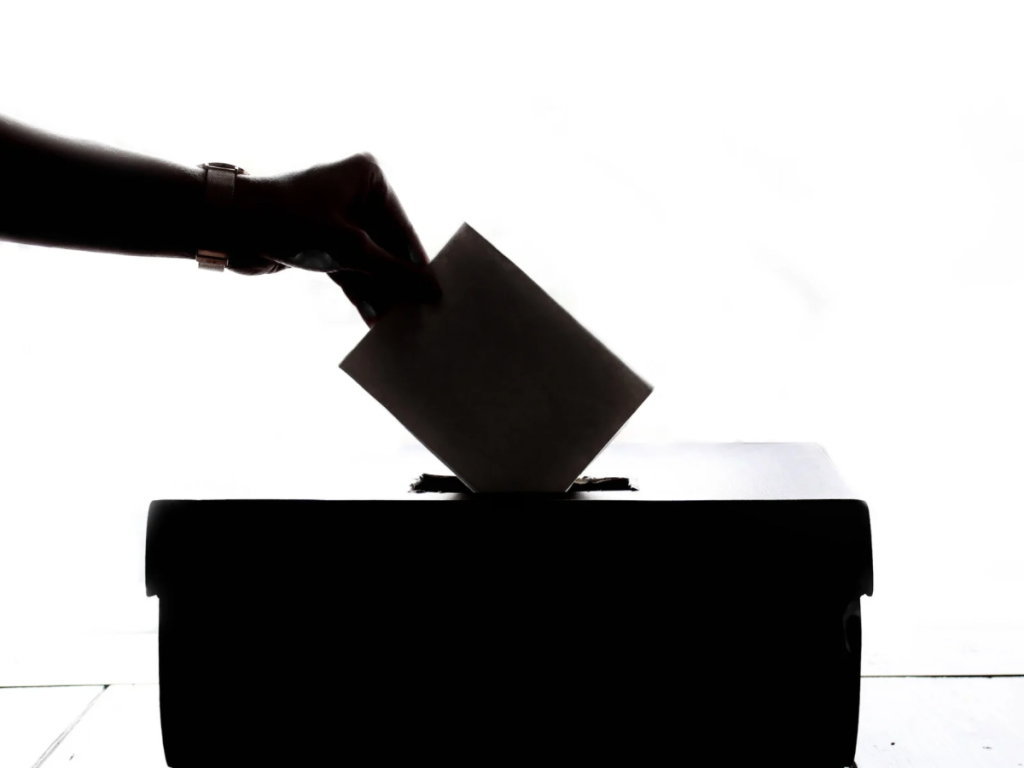
This is the first post in a series on how to organize and be heard in public discourse. It’s largely US-centric, but many principles will apply to any liberal democratic civil society setting.
You’ve made a commitment to leveling up your political organizing practice, and I’m thrilled to get to encourage you along the way.
You may be wondering if you can really do much of anything that will make a difference. I think you can. Here’s why…
I’m on the autism spectrum and was raised as a Jehovah’s Witness. That means I was taught to speak up even when I probably ought not to, which I was perhaps a bit too inclined to do in the first place because of being on the spectrum. It’s also possible that because my mom wouldn’t let us casually invite friends over, or ask for invitations to other kids’ houses, or have any friends outside church, almost any kid would have been poorly socialized after that.
Also, I was raised to believe that voting is something like a sin.
For real.
So, it might not be obvious that I should have ever gotten into political work, or that I’d have been so inspired by it that I’d have stuck with it since near about the turn of the century.
(I’m tickled by getting to refer to things that happened during my lifetime as ‘turn of the century.’ Especially as I was one of those people who decided to ring in the 2000 New Year at a campsite near a National Park—Mt. Rainier, if you must know—because I had watched a little too much of that show, Millennium, and read way, way too much about the Y2K bug panic.)
From what I used to think about politics, and what you might have thought once, too, people like me shouldn’t be in it.
Not from a political family.
Not from money.
Not a lawyer. (Not that there’s anything wrong with that if you are!)
Personally, often awkward.
Instead of an Ivy League degree started right out of high school, I pursued an associate degree at community college over three years of part-time study in my late 20s, and transferred my credits to finish a Bachelor of Arts at The [infamous] Evergreen State College.
(Evergreen wasn’t infamous at the time as anything but being the rain-soaked liberal arts college Matt Groening went to.)
I was divorced, a Silicon Valley tech startup washout, halfheartedly working in internet marketing and running a political blog that had started as a space news enthusiast website, when I got involved enough in politics that I started showing up to local political party functions and volunteering.
Why me?
Well, why anyone?
Why you?
Here’s why me, and you. Or anyone.
All kinds of people are in politics. And they should be. Because democracies are supposed to be run on the informed consent of the governed (that’s us.) This form of government doesn’t work well if a lot of people from different backgrounds don’t show up and participate in the policy conversations that run our lives.
People who work in government and elected office can only know so much about things they haven’t experienced or heard about, but that you might have.
In their careers, people in government learn more about what they happen to read about, or what people come to them and tell them. But they hear a lot more from restaurant owner association lobbyists than they do from restaurant workers, or even from the owners of small, family restaurants.
You can understand the effects this might have on the kinds of policies that seem like a good idea to them, right?
It’s not that politicians shouldn’t hear from any particular kind of person—restaurant association lobbyists are people, too—it’s that they don’t hear enough from enough different kinds of people, because most citizens don’t act like politics is any of their business more often than maybe Election Day … even though it affects each of us, every day.
So, this series isn’t about teaching you what to say when you’re engaging in political work.
(Although we will cover some things not to say!)
This series is about having you build—or strengthen—the habits of someone who shows up for democracy as a citizen, rather than a bystander.
In a deep way, it’s about protecting the commitment to talking our problems out with each other instead of coming to blows.
Even if talking our problems out doesn’t always go so well, so long as everyone keeps their hands to themselves, everyone going home grumbly is better than how a lot of human history went. Part of getting that result is making sure people are heard so that problems aren’t ignored until they boil over.
